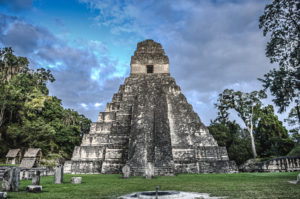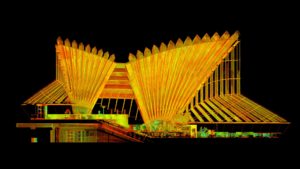In 2003 KFF started a pilot project called CyArk to digitally document and preserve world heritage sites. KFF believed that new advances in the surveying and physical data acquisition fields coupled with advances in digital archiving and high speed data delivery on the world wide web made it technically and economically feasible to document in very high detail, accuracy and fidelity all physical aspects of world heritage sites for the purpose of digital archiving and preservation as well as dissemination.
KFF, desiring to encourage the use of such new technology in heritage preservation adopted the following:


